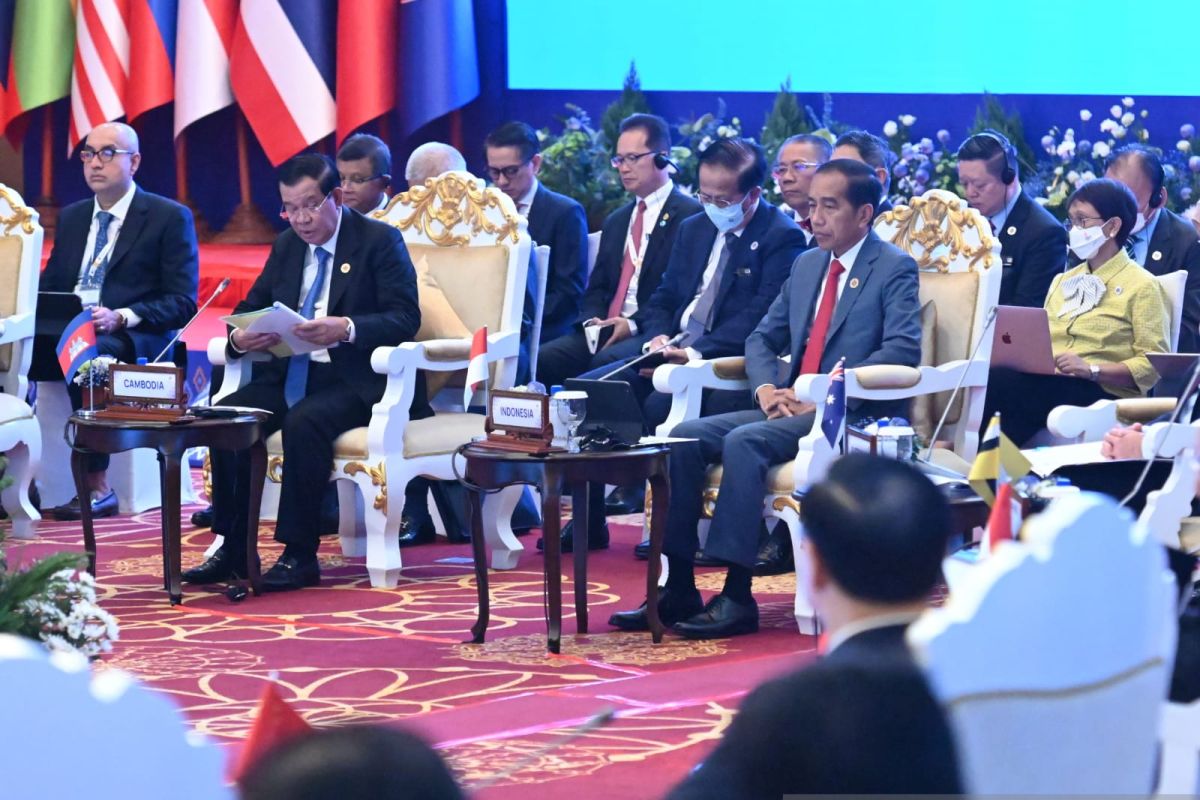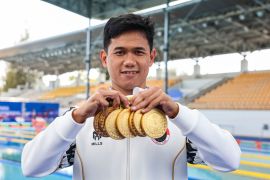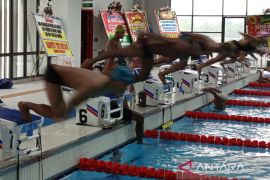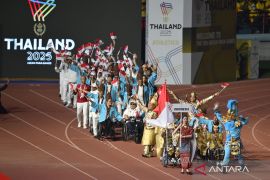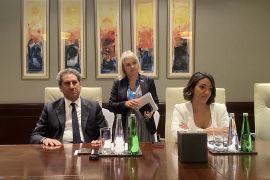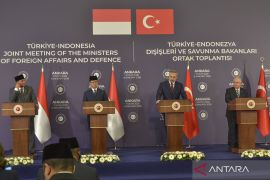Do developing countries get adequate profits from raw material exports? The answer is noJakarta (ANTARA) - President Joko Widodo said that developing countries strive for the right to pursue downstreaming of raw natural resources in order to achieve added value and adequate profits.
“Do developing countries get adequate profits from raw material exports? The answer is no. Thus, developing countries continue to fight for downstream rights," the president said at the 2nd ASEAN Global Dialogue: Post COVID-19 Comprehensive Recovery, in Phnom Penh, Cambodia, on Sunday, as quoted in a statement issued by the Press, Media and Information Bureau of the Presidential Secretariat.
World trade must be regulated by considering the development rights of developing countries, he opined. He also pointed out at difficulties impeding developing countries when they want to pursue downstreaming.
Related news: ASEAN-India partnership to maintain Indo-Pacific stability: Jokowi
The development right of developing countries is one of the three main focuses conveyed by Jokowi to ASEAN to face regional economic challenges.
"Although the average economic growth projection is still positive, in the future, the regional economic challenges will be even more severe, moreover with the threat of a recession. Thus, I want to focus on three things," Jokowi said.
Another focus is the improvement of ASEAN member countries' fiscal situation. He said that fiscal opportunity must be made to establish financial stability.
Additionally, spending efficiency and budget allocation for crisis mitigation programs, including safety nets for the poor, must be prioritized, he noted.
Related news: APT leaders should unify in facing global crises: Jokowi
“Support in sectors which have an impact on the regional economy must also be prioritized. ADB (Asian Development Bank) has identified them, such as tourism, agro-processing, and textiles. These sectors are vital because they involve MSMEs, which represent 90 percent of the ASEAN business sector," he said.
The third focus is improvement of international financial support. President Jokowi emphasized the crucial role of international financial institutions in addressing the crisis and suppressing the impact it caused through flexible financial instruments.
“There are instruments (meant for) emergencies, so they can be used immediately during a crisis, and more importantly, there needs to be instruments that function to prevent crises. This support is important for ASEAN to anticipate the worsening of the crisis in the future, one of which is by improving financial infrastructure in the region, including financial policy synergies," he noted.
At the end of his remarks, he once again stressed the importance of extensive collaboration to deal with the current crisis.
Related news: President Jokowi pushes ASEAN-Canada concrete cooperation
Related news: Indonesia seeks greater cooperation with EU for handling global crises
Translator: Indra Arief P, Mecca Yumna
Editor: Fardah Assegaf
Copyright © ANTARA 2022
